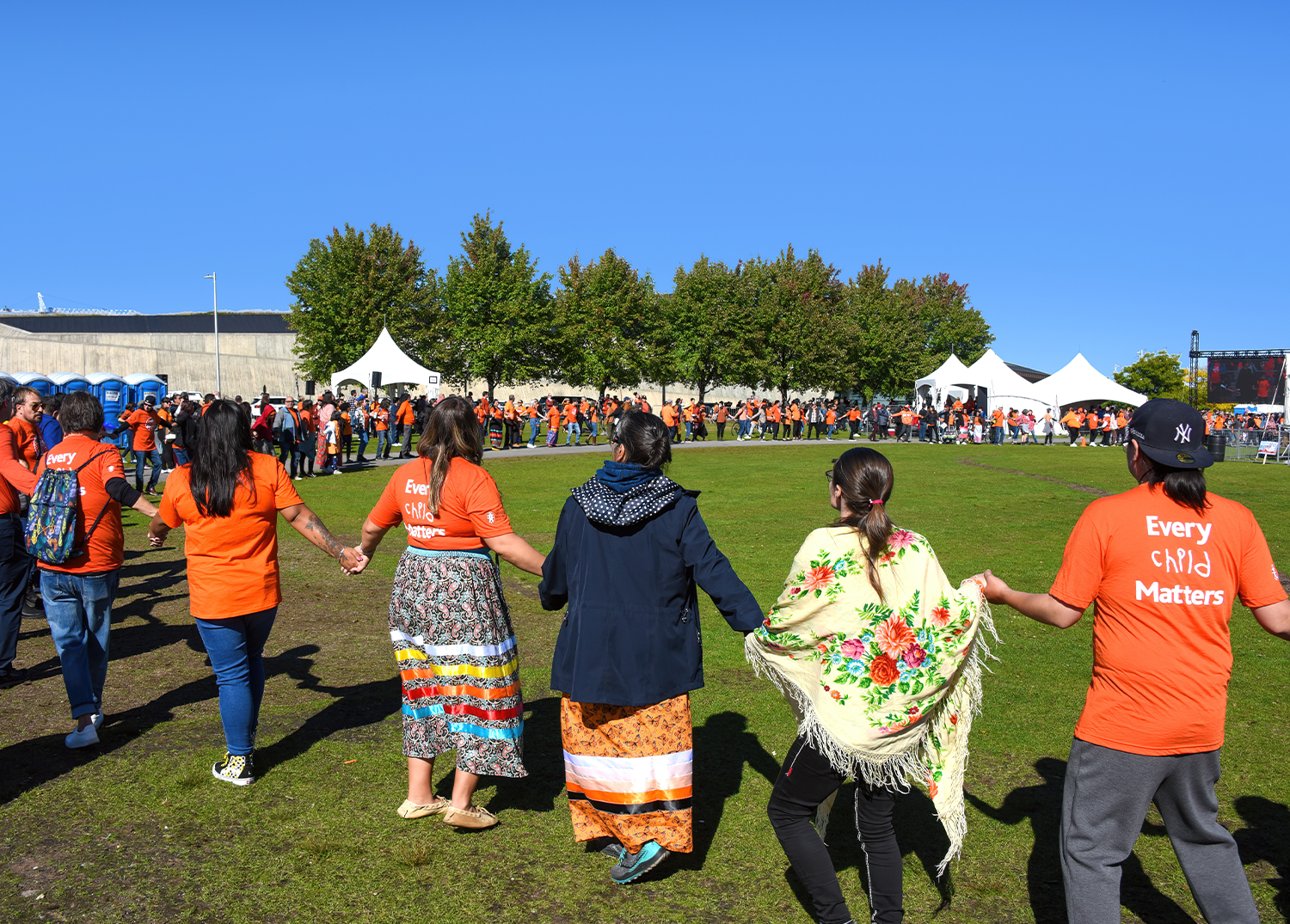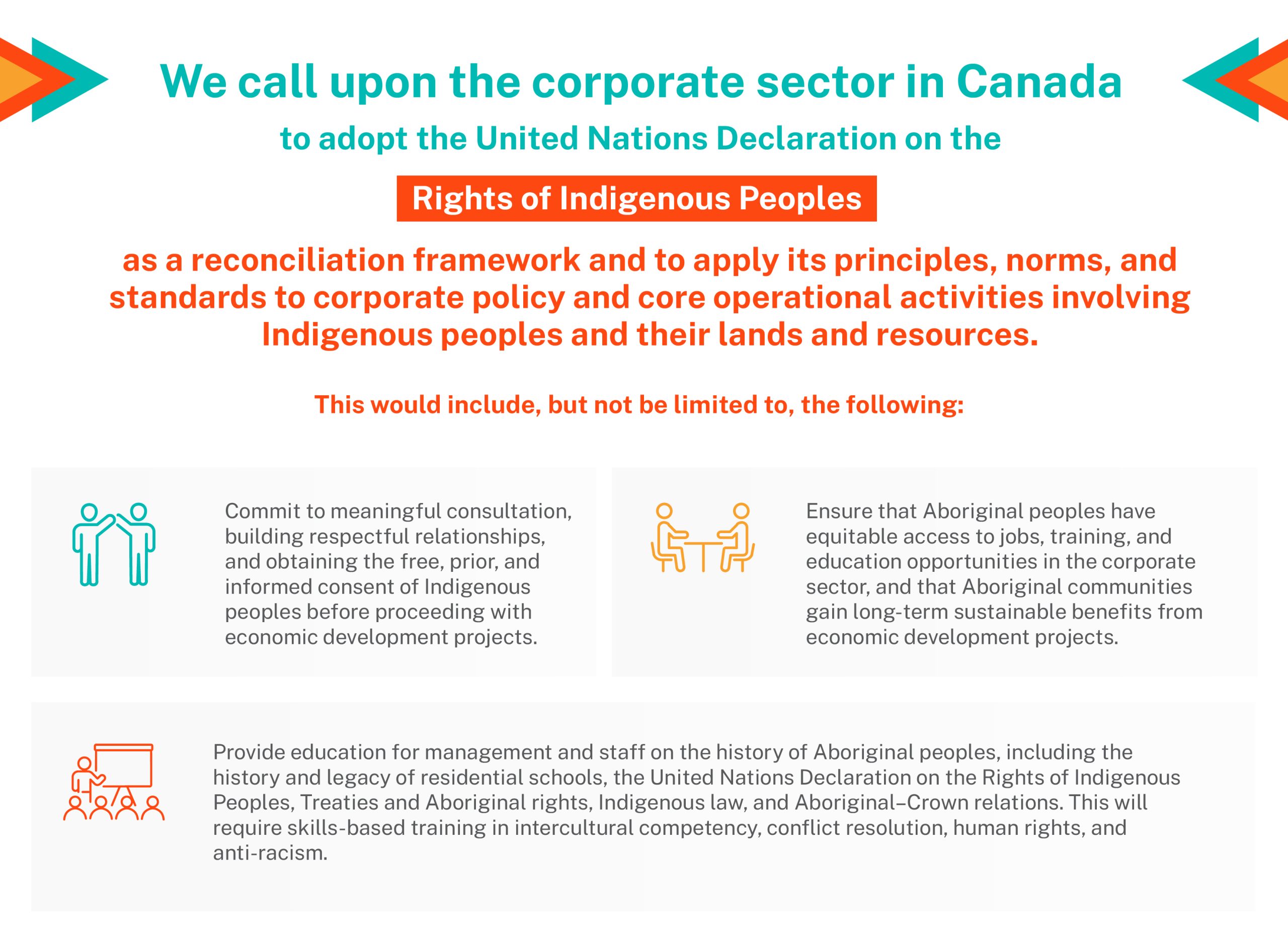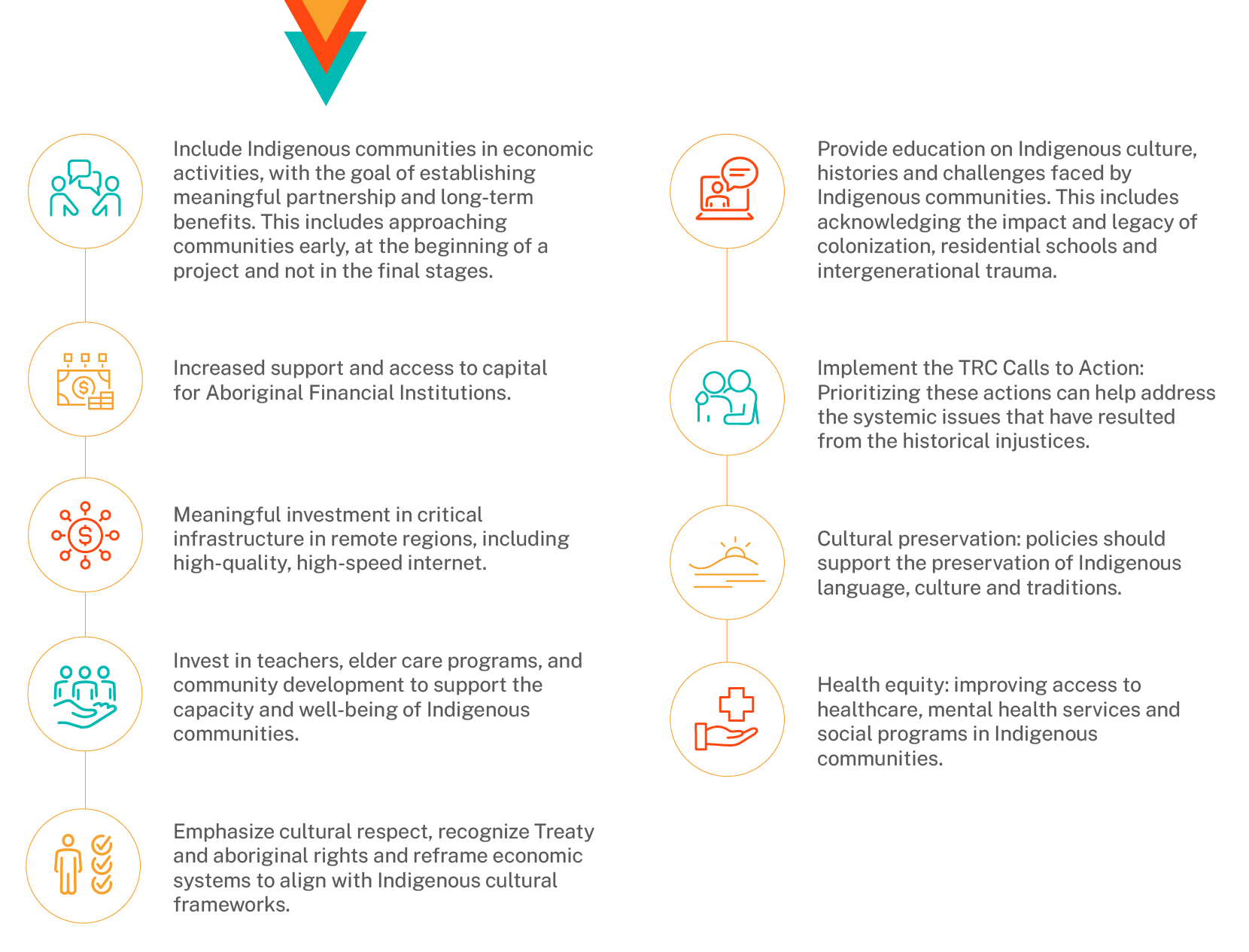Blog /
Policy Matters: The National Day for Truth and Reconciliation
Policy Matters: The National Day for Truth and Reconciliation
September 30 marks the National Day for Truth and Reconciliation, which commemorates and honours the nearly 150,000 Indigenous children who attended residential schools in Canada, many of whom did not return home.


September 30 marks the National Day for Truth and Reconciliation, which commemorates and honours the nearly 150,000 Indigenous children who attended residential schools in Canada, many of whom did not return home.
The designation of this day directly responds to the Truth and Reconciliation Commission’s call to action #80 which states the importance of “… a National Day for Truth and Reconciliation to honour Survivors, their families, and communities, and ensure that public commemoration of the history and legacy of residential schools remains a vital component of the reconciliation process.”

The Policy Problem
The residential school system in Canada served to eliminate Indigenous cultures. The impacts that this system had on Indigenous peoples were profound and continue to this day. The following are just some examples of the impacts residential schools had (and continue to have) on Indigenous peoples:
- Loss of culture, identity, and language: Children who attended residential schools were forbidden from speaking their language and practicing their cultural traditions.
- Physical, mental, and sexual abuse: Many Indigenous children suffered physical, mental and sexual abuse at the hands of school staff.
- Loss of family and community ties: Children were forcibly removed from their families and communities in an effort to assimilate them into Canadian culture.
- Intergenerational trauma: The trauma experienced by Survivors of residential schools has passed down through generations and can be seen in numerous ways.
- Loss of land and resources: Assimilation policies, residential schools being one of them, led to further loss of Indigenous lands and resources.
- Health and socio-economic disparities in comparison to non-Indigenous Canadians.
As emphasized in the Truth and Reconcilation Commission‘s (TRC) Calls for Action, it is important that the National Day for Truth and Reconciliation is a statutory holiday to allow for reflection and remembrance. The federal government has made September 30 a statutory holiday for its workers and federally regulated workplaces.
However, it is up to each province and territory to decide whether they make the day a statutory holiday for workers in businesses, schools and governments. Here is the status for each province and territory:
British Columbia: The day is a provincial statutory holiday.
Alberta: The Alberta government has not designated September 30 a statutory holiday, leaving the decision on whether workers have the day off up to employers.
Saskatchewan: Saskatchewan is not adding additional statutory holidays at this time.
Manitoba: The Manitoba government is observing the day for a third year. Discussions continue about making it a statutory holiday. Schools and non-essential government services will be closed.
Ontario: The day is not a statutory holiday in the province.
Quebec: The province does not have plans to make September 30 a statutory holiday.
Nova Scotia: This marks the third year in which the province is commemorating this day. Provincial government offices, public schools, regulated childcare facilities, and other non-essential public services will be closed. Businesses have the option to operate as usual.
New Brunswick: The province has recently designated September 30 as a provincial holiday.
Prince Edward Island: The day is a statutory holiday.
Newfoundland and Labrador: September 30 has been designated a government holiday — but not a statutory holiday.
Nunavut: The day is a statutory holiday.
Northwest Territories: The day is a statutory holiday.
Yukon: The day is a statutory holiday.
Although the day did not automatically apply to municipalities, many have chosen to observe September 30 as a statutory holiday.
While the day is not a statutory holiday in all provinces and territories, it carries symbolic significance as a step towards acknowledging the injustices of the past and working towards a more just and inclusive future.

Business and Reconciliation
In 2015, the Truth and Reconciliation Commission of Canada presented a final report that included 94 “Calls to Action” designed to advance reconciliation between Canadians and Indigenous Peoples.
Call #92 is specifically directed at the business community:


Policy Solutions
Using this framework, there are a number of government and corporate policies that can help advance economic reconciliation. Here are just a few specific examples:


What’s Next?
Indigenous reconciliation is a complex and multifaceted process that requires sustained effort from governments, institutions, and society at large. Due to its complexity, there is no one-size fits all solution. However, there are steps that the business community can take to advance Indigenous reconciliation.
For Employers?
- Provide educational initiatives to employees, such as resources and training sessions about the history of Indigenous peoples, colonization, and residential schools to foster understanding.
- Ensure that Indigenous voices are represented at all levels, and inclusive recruitment and hiring practices are in place.
For Chambers of Commerce and Boards of Commerce?
- Actively participate in community events. This fosters engagement and discussions to establish long-term relationships with Indigenous communities.
- Establish partnerships with local Friendship Centres and collaborate with Indigenous communities to create cohorts and mastermind groups that can share information.
- Promote resources and education opportunities for Indigenous people and businesses and share information through social media platforms with neighbouring communities to help increase reach.
- Increase Indigenous representation on boards of directors.
- Consider hosting or providing workshops or coaching for Indigenous businesses.
- As a business hub, help foster business opportunities by highlighting Indigenous business and community success stories.
There are many issues that remain unresolved. The National Day for Truth and Reconciliation serves as a day to remind us that the action must continue. The TCR’s final report was delivered almost eight years ago. Our progress has been slow. But ultimately, this day can serve as a catalyst for continued policy changes to address the ongoing challenges faced by Indigenous peoples in Canada.

Educational Resources
- The Truth and Reconciliation Commission Reports
- TRC mini documentary, Senator Murray Sinclair on reconciliation
- A three-part podcast series on residential schools
- Toolkits on how to start the conversation on reconciliation
- A virtual tour of the former Mohawk Institute Residential School
Sources
- Residential Schools in Canada | The Canadian Encyclopedia
- National Day for Truth and Reconciliation is 1 step on a long journey, says Murray Sinclair | CBC Radio
- Sept. 30: What each province, territory is doing | CTV News
- Resources for National Day for Truth and Reconciliation – Canadian Red Cross Blog
- Intergenerational Trauma and Residential Schools | The Canadian Encyclopedia
- ‘The story was hidden’: How residential school graves shocked and shaped Canada in 2021 | Globalnews.ca
Related News

Employee Education is a Critical Defence Against Cyber Attacks

How Your Organization Can Quantify and Reduce Your Cyber Risk




